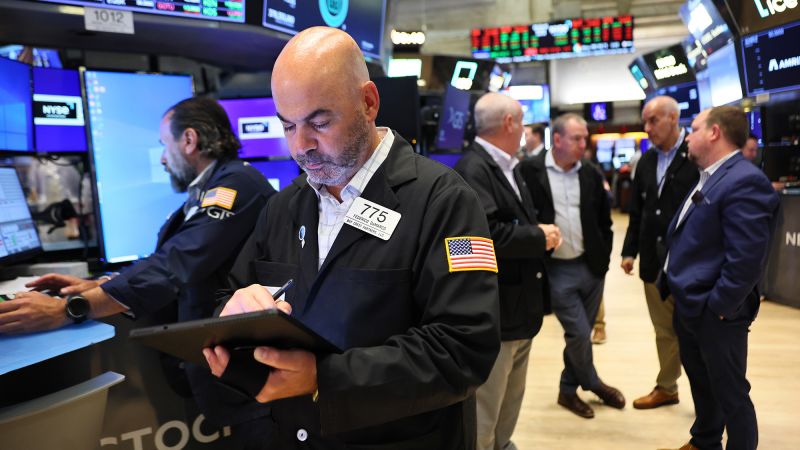The recent tensions in the Middle East have led to a noteworthy market reaction, particularly as Iran recently launched missiles targeting U.S. military bases in Qatar and Iraq. These missiles reportedly were intercepted, resulting in a significant drop in oil prices and a corresponding rally in U.S. stock markets. Traders now seem to believe that Iran lacks the willingness or capability to escalate its actions further against U.S. forces, creating an atmosphere of cautious optimism that current geopolitical tensions might not escalate further.
As a result of this sentiment, U.S. stock market investors found relief in the falling oil prices. Reports indicate that U.S. crude prices fell to below $70 a barrel, marking a significant decline as oil had reached as high as $78.50 just days before. This decrease represented the first time since June 12 that oil traded beneath $70, indicating a shift in market dynamics following Israel’s aggressive actions towards Iran’s nuclear capabilities.
The stock market reflected this shift positively, with the Dow Jones Industrial Average increasing by 270 points, or 0.6%, and the S&P 500 and Nasdaq Composite also rising by 0.7% and 0.8%, respectively. This decline in oil prices, which traditionally would lead to economic concerns due to price spikes, is instead easing the costs for consumers and businesses in the U.S. The CNN Fear and Greed Index showed a neutral market sentiment, emphasizing the current state of cautious optimism among investors.
Notably, while the missile attack from Iran may have been deemed as symbolic by military analysts such as Kirk Lippold, a former commanding officer of the USS Cole, it underscored the persistent volatility in U.S.-Iran relations. Lippold emphasized that while the missiles are dangerous, the scope of the attack suggests Iran is seeking a limited response. This theory is bolstered by reports that Iran had given advance notice to Qatar, magnifying the notion that they want to minimize casualties while seeking an “off-ramp” in this escalating conflict.
However, the threat of wider retaliation by Iran remains ever-present. The Trump administration had anticipated Iranian retaliation after U.S. strikes but is currently keen on avoiding extensive military engagement in the region amidst rising tensions. Investors are now navigating an increasingly complex situation characterized by shifting tariffs, mixed economic signals, and potential conflict in the Middle East.
Interestingly, the market’s response diverges from conventional expectations. Historically, one might assume that escalated strikes against Iran would send stock prices plummeting and oil prices soaring due to fears of retaliation and blockages in key shipping lanes, particularly the Strait of Hormuz. Yet, investors appear to be finding stability, suggesting they might be shifting towards viewing potential military engagement as less likely at this juncture.
Analysts have pointed out that current market reactions are nuanced. While some investors are taking a optimistic stance based on limited responses from Iran, they remain unsettled by the potential for an escalation. Bob McNally of Rapidan Energy Group noted the historical context of false alarms concerning geopolitical disruptions and stressed that unless there’s a noticeable disruption in oil production or flows, volatility should remain contained.
Even amidst these tensions, there were subtle movements in the commodities market. Safe-haven assets like gold showed only marginal increases, reflecting a tempered response from investors. Strength in the U.S. dollar, typically seen during global unrest, weakened slightly, which some analysts attribute to recent tariffs and economic policies under the Trump administration.
Expectations lay heavy on the ongoing conflicts and tariffs influencing global markets, as investors ponder the implications higher oil prices could have on inflation and economic growth going forward. The Federal Reserve may find itself constrained should inflation accelerate, making potential interest rate cuts more challenging.
As stock markets continue to operate within the inherent volatility brought on by geopolitical events, many remain hopeful that the world can navigate this precarious situation without further escalation. Now, the focus for investors shifts toward anticipated developments in U.S.-Iran relations and their implications for both the economy and the global commodities market.











